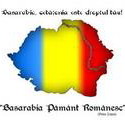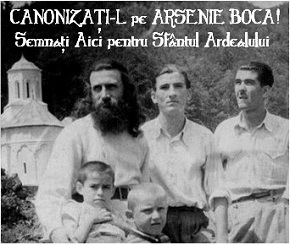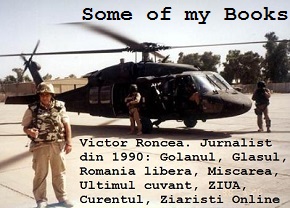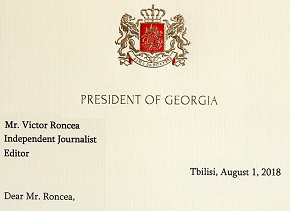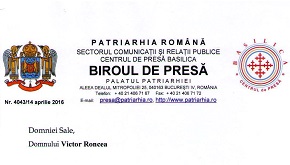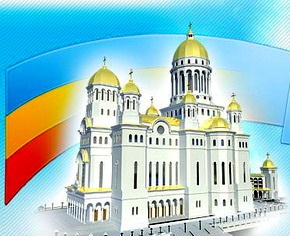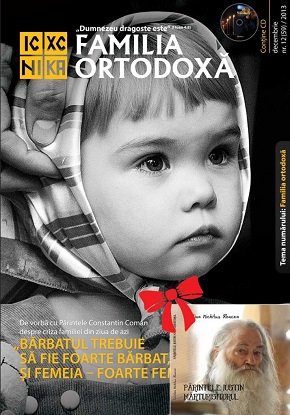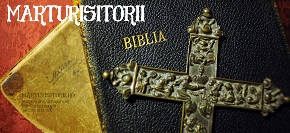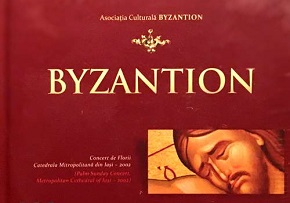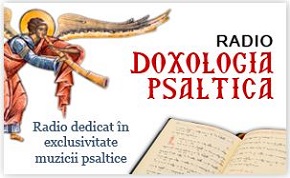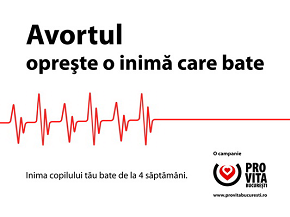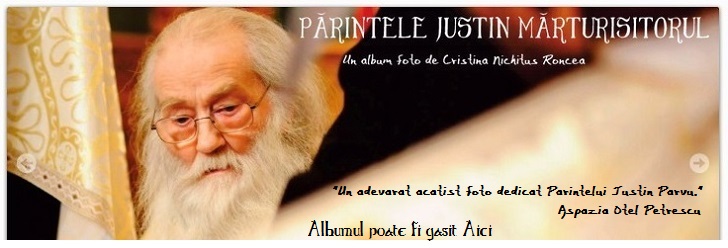 VIENNA, 20 July 2009 – The South East Europe Media Organisation (SEEMO) is alarmed by recent media developments in Moldova. Media representatives are frequently being prevented by the Moldovan authorities from reporting freely, especially following parliamentary elections in April this year.
VIENNA, 20 July 2009 – The South East Europe Media Organisation (SEEMO) is alarmed by recent media developments in Moldova. Media representatives are frequently being prevented by the Moldovan authorities from reporting freely, especially following parliamentary elections in April this year.
According to information received by SEEMO, on 12 July 2009 two journalists, Ivan Melnic and Vladimir Thorik from the Moldovan newspaper Moldavskie Vedomosti were forcefully prevented from entering a public meeting attended by Moldovan Prime Minister Zinaida Greceanii in the Palace of Culture in Donduseni, Moldova. The bodyguards of the Prime Minister requested that the police expel the journalists from the premises.
On 15 July 2009, in the small Moldovan town of Sangerei, Prime Minister Greceanii’s bodyguards prohibited three journalists from attending a meeting between Greceanii and businessmen from the region. The journalists were from the local newspapers Ecoul nostru and Plai Sangerean. Prime Minister Greceanii’s bodyguards also prohibited journalist Rodica Nimerenco, from TV station TVPRIM, from entering an election meeting on 9 July 2009.
On 13 July 2009 Moldovan authorities prevented Romanian journalist Gabriel Apetri, from the Romanian Agerpres news agency, from entering Moldova. Apetri held a valid visa but didn’t have a particular medical document not usually requested by the authorities. The incident happened at the Romanian – Moldovan border in the small border town of Vama Sculeni.
On 26 June 2009, MOLD DATA State Enterprise warned the New Media Group Company, which administers the www.unimedia.md news portal, following notification by the Moldovan Prosecutor’s Office that website commentaries made by www.unimedia.md visitors were a “call to violence and mass disorder, a call to removal and change of the constitutional system.”
On 3 May 2009, on the occasion of World Press Freedom Day, the Independent Journalism Centre (IJC) in Chisinau experienced difficulties while trying to publicize, as part of a public information campaign, a number of billboards throughout the city quoting various provisions of the Moldovan Constitution, the Press Law and the European Convention on Human Rights.
“What happened in the past weeks is alarming and SEEMO hopes that the officials in Moldova will respect the important position of independent and critical media in the future,” said SEEMO Secretary General Oliver Vujovic, “SEEMO calls upon the Moldovan authorities to investigate these incidents and to respect the right of the free movement of persons and freedom of expression and reporting. Asking for medical documents from journalists on the border was obsolete and a clear matter of press freedom restriction as EU citizens need only their passport to enter Moldova”, Vujovic continued. “Therefore SEEMO urges once more the authorities of the Republic of Moldova to do everything in their power to ensure that the media are allowed to report freely and that the government undertakes to do everything necessary to finally guarantee freedom of expression in Moldova.”
****
The Vienna-based South East Europe Media Organisation (SEEMO) is a regional media organisation, and a network of editors, media executives and leading journalists from newspapers, magazines, radio, TV, new media and news agencies from South East and Central Europe and an affiliate of the International Press Institute (IPI). SEEMO is active, according to the geographical position in Europe, in: Slovenia, Croatia, Bosnia and Herzegovina, Montenegro, Serbia, Kosovo, Albania, Republic of Macedonia / FYROM, Greece, Cyprus, Hungary, Slovakia, Czech Republic, Poland, Ukraine, Belarus, Moldova, Romania, Bulgaria and Turkey.
****
SEEMO publications are: SEEMO South East and Central Europe Media Handbook (annual publication since 2003, latest edition published in 2008), deScripto Magazine (quarterly publication), Investigative Reporting Handbook and Media and Minorities in SEE.
****
Civic Media este membra fondatoare a SEEMO
Vezi si https://www.seemo.ro/
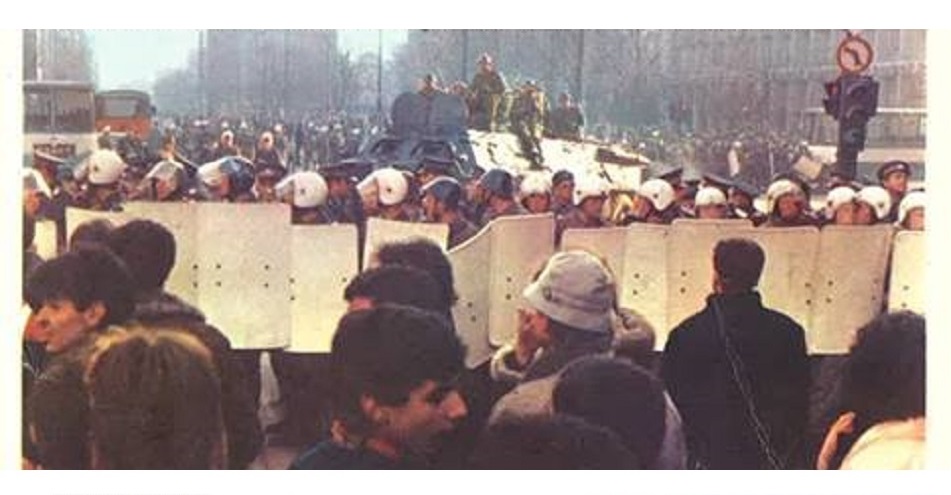
 July 21st, 2009
July 21st, 2009  VR
VR 
 Posted in Uncategorized
Posted in Uncategorized  Tags:
Tags: 